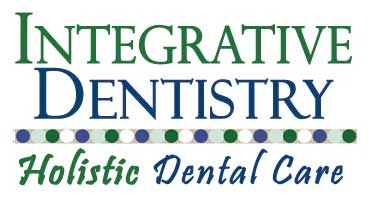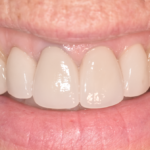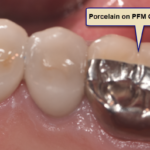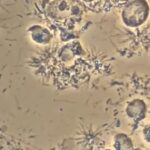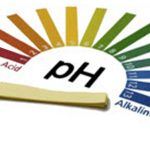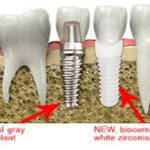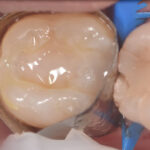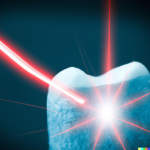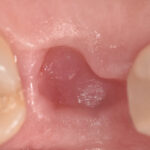Some months ago I gave a presentation to an international dental association about Dentistry, Diet and Disease Prevention. I discussed dentistry and its connection to Chronic Inflammatory Diseases (CID’s). As time goes on there is more and more research showing a connection between gum disease and CID’s like heart disease, strokes, diabetes, arthritis and Alzheimer’s disease. The culprit is gum disease and its associated bacteria.
The other topic of my seminar was nutrition. The role of nutrition in dental health is very important, along with the genetic factors that affect structure and immune response (which is triggered by inflammation). Of course diet plays a part in immune response as well, which affects the health of our gums. How our immune system copes with stressors, both internal and external, is impacted by what we eat.
The many toxins now present in our environment are among the external stressors; internal stressors include microbes and dental metals. The mercury controversy, which persists in spite of massive evidence of its neurotoxicity, is only one of the dental materials that continue to be linked to chronic illnesses. Diseases such as multiple sclerosis, thyroiditis and Alzheimer’s have not only been associated with the mercury in amalgams, but also with other metals such as nickel, used in braces and crowns.
So how do we sustain ourselves and our families in the face of so many potential issues and how does diet help us? The idea that whole foods can actually be a source of healing seems faddish in this age of easy fix pharmaceuticals. Generations raised on vaccinations and antibiotics have long been programmed to believe in the ‘magic bullets’ held out by the drug companies.
Certainly antibiotics- when they work- can seem like a magic bullet. However, as we are coming to find out, antibiotics cannot touch certain strains of microbes that have become resistant to them, and the aftermath of antibiotics on our intestinal terrain also needs to be considered. Probiotics can certainly restore balance in our internal ecology; however careful monitoring and persistence may be required.
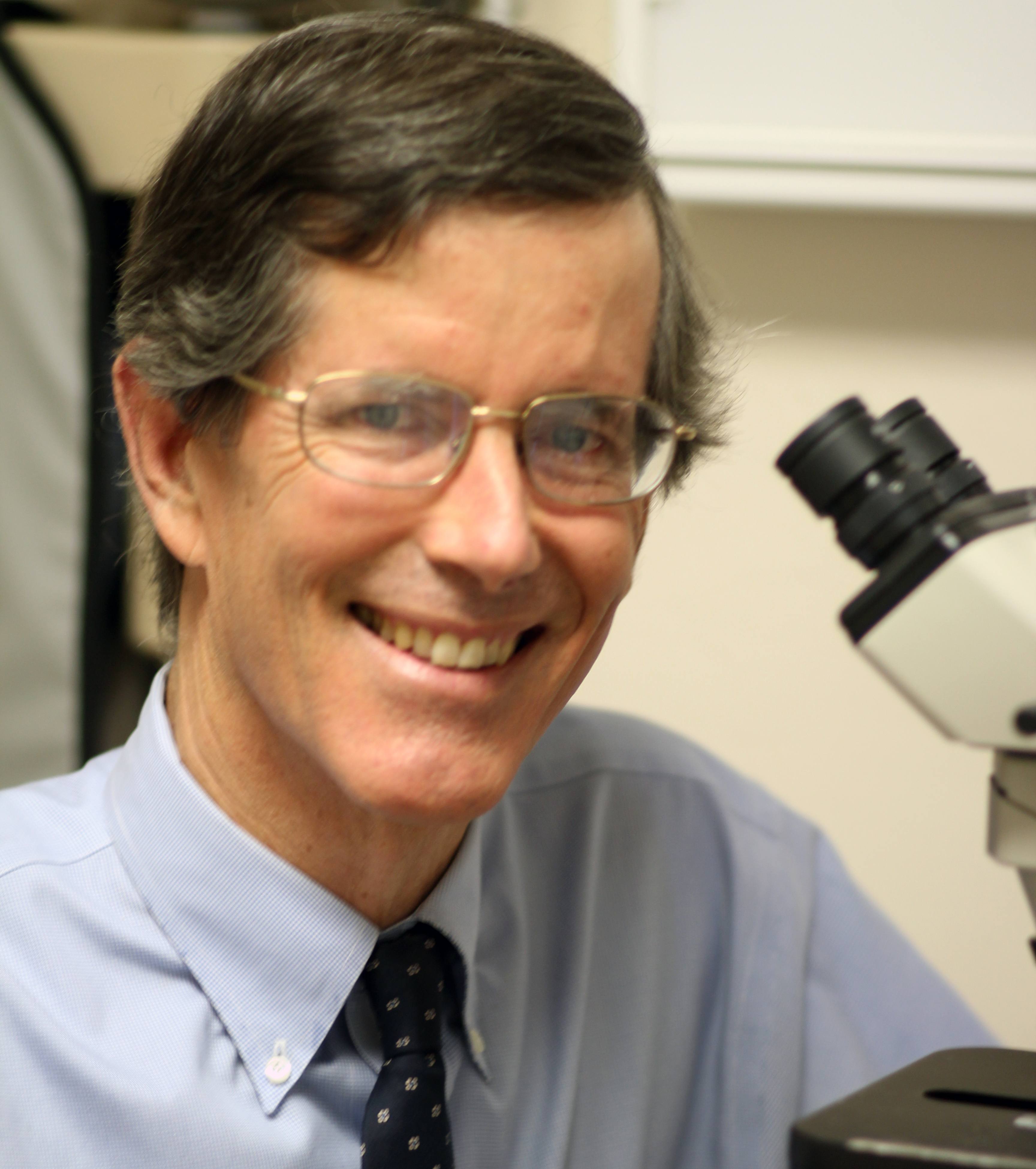
Carey O’Rielly DDS has been a practicing dentist for 35 years. He went to USC Dental School and Duke University for his undergraduate degree. He grew up in Laguna Beach and now lives in La Costa with his wife Victoria, who runs his office.
He began his career by owning and operating a network of six offices in the San Francisco Bay Area. Presently he owns a private holistic practice in North County San Diego’s Encinitas.
Dr. O started looking for solutions to his health challenges that resulted from the stress and environmental toxicity that built up over a ten year period running his dental network. He has dedicated himself to learning about oral systemic problems and how dentistry can affect your health. He has applied what he has learned over the last twenty years to ensure he, his staff and his patients are protected from the chemicals and toxic materials found in most dental offices. He has produced an environmentally friendly office that is also peaceful and calm.
He is an expert on dental materials having looked at hundreds of biocompatibility lab tests over the years. He has identified the most bio-friendly materials to use in his practice and which dental materials can be used to replace metal fillings and crowns, including BPA free and fluoride free ‘white’ fillings. He also uses metal-free Zirconia or ceramic implants and PRF (platelet-rich fibrin) grafting materials which come from the patient’s own blood.
Dr. O’Rielly teaches C.E. courses on the systemic effects of gum disease. He is an expert in using phase contrast microscopy for analyzing dental infections, where he shows patients what kind of microbes, i.e. bacteria, amoeba, and yeasts like candida are populating the mouth and affecting the body as a whole.
He has an educational blog and is writing a book on dental health called ‘Hidden Dental Infections: Healing Root Canals and Infected Teeth with the Erbium Laser’ where he discusses dental nutrition, toxic dental materials and the effects of old root canals on inflammation and overall health.
